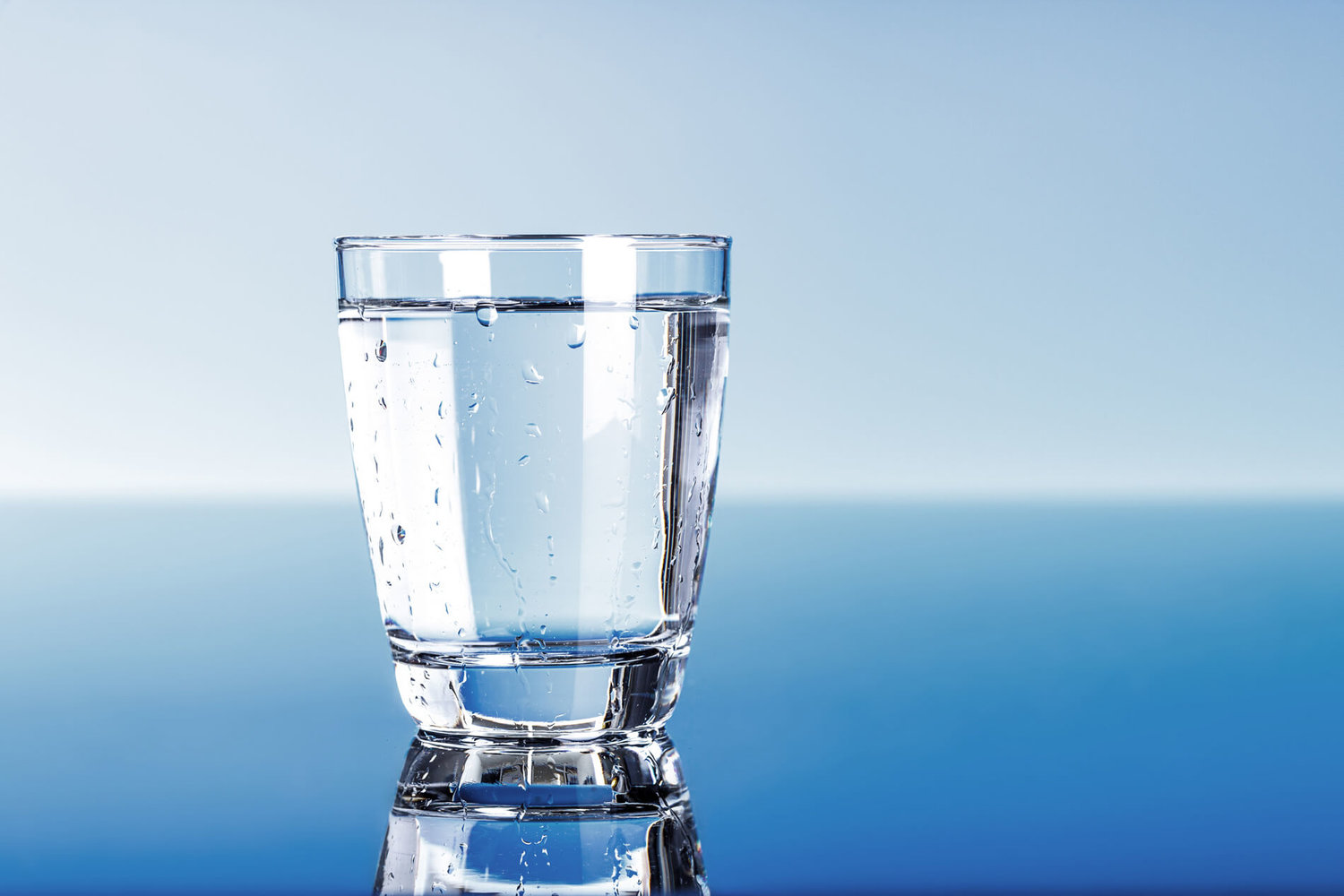SHARES

What is Fluoride?
Fluoride is a naturally occurring substance found in soil, water and food. An optimal concentration of fluoride can greatly improve dental health by strengthening tooth enamel, making it more resistant to tooth decay. Evidence has dated back into the 1940s for adding fluoride in drinking water as a major public health drive to prevent tooth decay. Nevertheless, concerns and myths about fluoridated water still persist. Most of the time, those who doubt are misinformed by what they read online despite strong evidence showing water fluoridation is safe and effective.
Fluoride Myths and the Truths behind them:
Myth 1: Water fluoridation is mass medication.
Fact 1: Fluoride is present naturally in water.
Many claimed that fluoridation is mass medication because it is the only chemical added to the drinking water for medical purposes to prevent tooth decay. However, addition of fluoride is not mass medication, but simply adjusting the level of a substance already found naturally in the water. In Singapore, concentration of fluoride in water is approximately between 0.4-0.6 mg per litre while in Malaysia it ranges between 0.5-0.7 mg per litre. The concentration of fluoride in water is extremely small. To make it easier to understand, here is a simple comparison by the Malaysian Dental Association.
[1mg per litre : 1 inch to 16 miles, 1 minute in 2 years and 1 sen in RM 10,000.]
Myth 2: Fluoride causes health problems such as cancer.
Fact 2: There is insufficient evidence to link cancer to fluoridation.
There are many concerns regarding the possible link between water fluoridation and cancer. According to the American Cancer Society, recent studies published have compared the rates of osteosarcoma (bone cancer) in areas of fluoridation in Great Britain, Ireland and the United States. However, these studies have not found any increase in the risk of osteosarcoma in areas of water fluoridation. Besides that, the NIH National Cancer Institute assures that the current standard concentration of fluoride in water does not increase risk of cancer in humans.
Myth 3: Fluoridated water does not work.
Fact 3: Fluoridation is the most practical way to reduce tooth decay and better oral health in the communities.
Image source
Evidence of water fluoridation dates back in the 1940s in the United States. Dental researchers noticed lower incidence of dental decay in areas with naturally occurring fluoride in the water supply. Since then, the World Health Organisation has advocated water fluoridation at 1mg per litre as a public health measure to prevent tooth decay. After 10 years of introducing water fluoridation, Singapore has observed a 34% decrease in tooth decay in primary school children.
Myth 4: Fluoridated water or toothpaste is unsafe for young children.
Fact 4: Fluoride helps to strengthen enamel from an early age.
Image source
Numerous associations around the world such as the World Health Organisation and American Academy of Paediatrics have endorsed water fluoridation. It has shown no known health risks for babies and young children. The only known side effect of fluoridation is dental fluorosis. Mild fluorosis does not cause pain and does not affect the health and function of teeth. On the other hand, tooth decay is painful, unsightly and expensive to repair. Thus, with the optimal concentration of fluoride, the benefits of fluoridation outweigh the risk of developing fluorosis. A 2010 study has also shown that young children living in areas with water fluoridation are more likely to keep their teeth 40 or 50 years later.
Conclusion
The discovery of enamel-strengthening quality in fluoride can be regarded as one of the greatest breakthroughs in dentistry. The introduction of fluoride has then saved millions of adults and children the ordeal of dental drill. Therefore, the effectiveness of fluoridation in preventing tooth decay has been recognised as one of the “10 great public health achievements of the 20th century” by the Centers for Disease Control and Prevention (CDC).
If you need to consult a Dental Surgeon: call, send an enquiry or book an appointment on GetDoc.
Find a Dental Surgeon in Malaysia, on GetDoc
Find a Dental Surgeon in Singapore, on GetDoc
by Soh May Leng
Born and raised in Malaysia, May Leng obtained her Bachelor of Dental Surgery from the University of Otago, New Zealand. She has joined the GetDoc team to relay valuable health information to the public. Staying active plays a big part in her daily life especially through outdoor sports such as running and swimming. She also enjoys travelling and has a passion for photography. View all articles by Soh May Leng.






